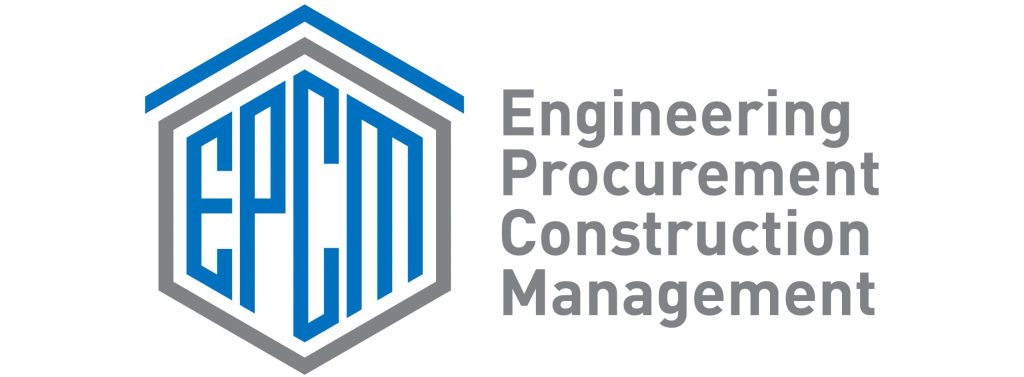Understanding the Legal Aspects of Construction Contracts: A Guide for EPC Professionals
In the realm of Engineering, Procurement, and Construction (EPC), navigating the complexities of construction contracts is paramount for project success. For EPC firms in Calgary and beyond, a deep understanding of legal contracts is not just a necessity—it’s a strategic asset. This comprehensive guide aims to shed light on the legalities of construction contracts, ensuring EPC professionals are well-equipped to manage and execute projects with efficiency and legal acumen.
Introduction
The construction industry, particularly within the EPC sector, involves intricate project planning, design, procurement, and construction phases. Each stage is governed by detailed contracts that outline the responsibilities, risks, and rights of all parties involved. From large-scale EPC projects in the oil and gas sector to carbon capture solutions, the legal framework within which these projects operate can significantly impact their execution and outcome.
Understanding the legal aspects of construction contracts ensures that EPC companies, engineering firms, and contractors can mitigate risks, manage client expectations, and execute projects on time and within budget.
Key Components of Construction Contracts
Scope of Work
The scope of work is the foundation of any construction contract. It precisely outlines what work will be performed, project deliverables, timelines, and quality expectations. For EPC projects, defining a clear scope helps avoid disputes related to project specifications and deliverables.
Payment Terms
Payment terms detail how and when payments will be made to contractors and suppliers. This includes retainage, progress payments, and conditions for final payment. Understanding and negotiating favorable payment terms can significantly affect the cash flow of an EPC project.
Risk Allocation
Risk allocation clauses determine how risks are shared between parties. In EPC contracting, common risks include delays, cost overruns, and environmental impacts. Properly allocated risks can prevent conflicts and ensure project viability.
Dispute Resolution
Construction contracts must have clear mechanisms for dispute resolution, including arbitration, mediation, and litigation procedures. EPC professionals should understand these procedures to resolve disputes efficiently.
Termination Clauses
Termination clauses define the conditions under which a contract can be terminated by either party. Knowing these conditions is crucial for protecting interests in the event of contract breaches or failures.
Legal Frameworks and Regulations
EPC projects must comply with local and international laws and regulations. For instance, in Calgary, Alberta, construction contracts are subject to provincial laws that govern construction practices, labor laws, and safety regulations. Familiarity with these regulations ensures that EPC projects are executed within legal boundaries.
Best Practices for Managing Construction Contracts
Due Diligence: Conduct thorough due diligence before entering into contracts. This includes researching potential partners and understanding the legal landscape of the project location.
Clear Communication: Maintain clear and consistent communication with all stakeholders throughout the project lifecycle. This helps in managing expectations and resolving issues promptly.
Documentation: Keep detailed records of all contract-related documents, correspondence, and changes. Documentation is key in the event of disputes or audits.
Professional Consultation: Engage with legal professionals specializing in construction and EPC contracts. Expert advice can prevent legal pitfalls and ensure contracts are comprehensive and enforceable.
Case Studies: Lessons from the Field
Examining real-world EPC projects can provide valuable insights into the practical application of legal principles in construction contracts. Case studies of successful projects in Calgary and other locations highlight the importance of robust legal frameworks and effective contract management practices.
Conclusion
For EPC professionals, mastering the legal aspects of construction contracts is critical for project success. By understanding and effectively managing these legalities, EPC firms can enhance their project execution strategies, mitigate risks, and foster strong, collaborative relationships with clients and partners.
Additional Resources
For further reading and professional guidance, the following resources are invaluable:
American Bar Association Forum on Construction Law
Canadian Construction Association
International Association for Contract & Commercial Management
To explore our specific services and expertise in the EPC sector, including project management, engineering consultancy, and EPC project planning, visit our EPC Consulting Services, Engineering, Procurement, and Construction Management Consulting, and Project Management Consultancy pages.

